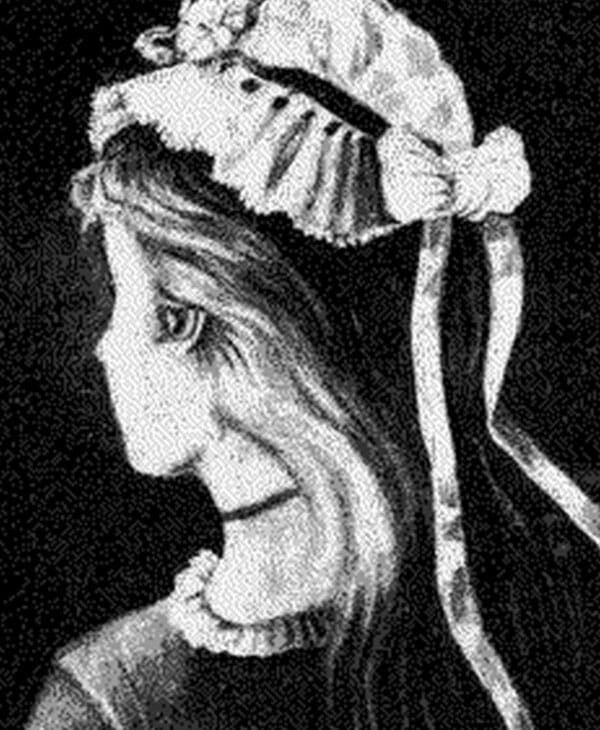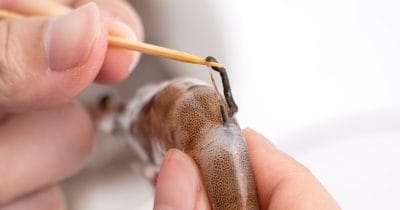
Optical illusions are some of the most interesting images out there.
I was little when I first saw this image. But now, the image is online and has been seen by millions. This particular illusion is very popular for its difficulty — the optical illusion shows two images at the same time, but very few people can see it.
Millions of people struggle over these puzzling images, but they can’t see the illusion and wonder exactly what they’re looking for.
The famous picture below has circulated around the world since 1888. To give you a little perspective — that was the year the first phone line between Stockholm and Gothenburg was built and also in 1888, the first wax drinking straw was patented.
This postcard below was produced in Germany, for an organization called “The Anchor Buggy Company.”
At first, the postcards were handed out without any warning about its hidden images. But soon, people began to notice something strange about the postcard …

Can you see the double pictures in the portrait?
The artist behind the illustration was a British cartoonist called W.E. Hill. He knew what he was doing, but assumed the public would never notice, explains All cute all the time.
After months of no one caring or noticing, Hill continued his career as a cartoonist. But, people began to talk about the unique image and as the rumor spread, he soon had thousands of fans.

He called this illusion “Young- Girl Old-Woman” and it shows a younger girl looking away and an older woman looking down.
This image was the first of its kind and remained popular over the years, despite competition from newer images. The W.E. Hill image has been seen by millions of people, maybe even billions by now!

Take a look at the image above and check if you can see the double image!
As mentioned above, you should see a young woman looking away and an older lady looking down, looking somewhat melancholy.
Can you see both of them? If you need help, watch the video below!
If you liked this article — share it on Facebook!





